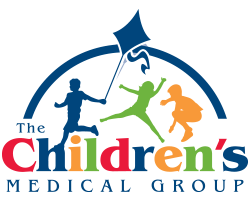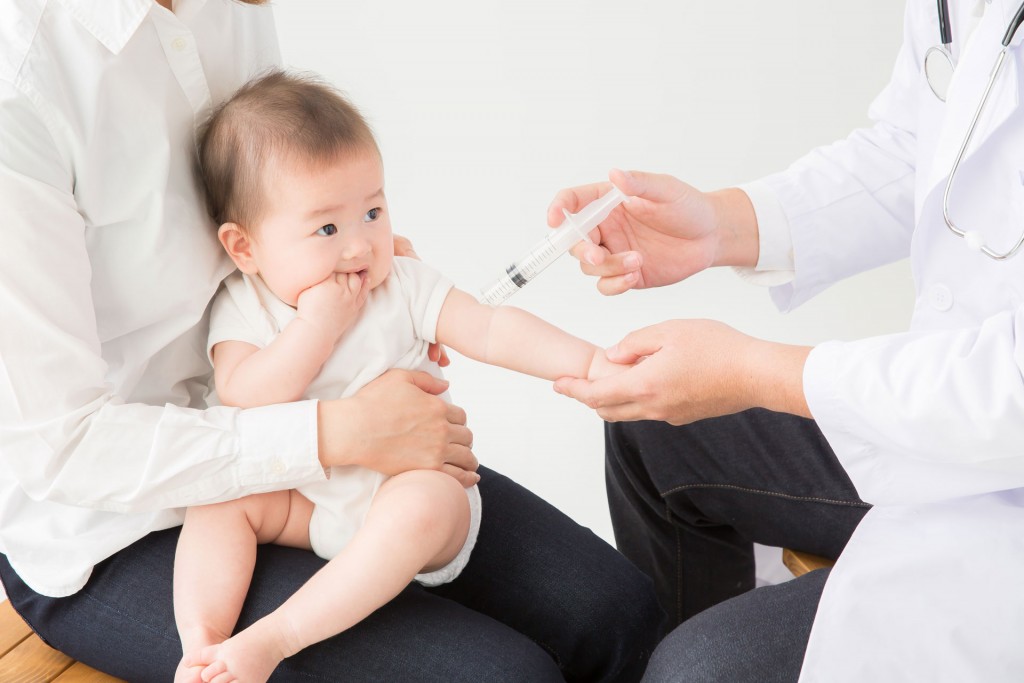National Infant Immunization Week (NIIW) is observed by the American Academy of Pediatrics, the Centers for Disease Control and Prevention and other various public health organizations. The week-long event that is observed once each year is dedicated to reminding parents, caregivers and healthcare professionals just how important and life-saving infant immunizations can be. Infant vaccines are safe, effective and save lives.
Vaccine Preventable Diseases
Infant Immunization Week has been a focus since 1994. Since then, there are now 14 vaccine preventable diseases which infants should receive before the age of two. These immunizations have significantly reduced the rates of death and disability in infants in the U.S. Today, measles is making a frightening comeback, with 555 confirmed cases in 20 states – 180 in Rockland County, NY alone. In 2014, 667 cases in 27 states was the last highest number recorded since measles was eliminated in the year 2000. This outbreak is proof that even when we believe a disease is a thing of the past, it can come back and often times does because of those who are not vaccinated.
List of Recommended Immunizations
- Diphtheria
- Haemophilus Influenzae Type B
- Hepatitis A
- Hepatitis B
- Human Papillomavirus (HPV)
- Influenza (Flu)
- Measles
- Meningococcal Infections
- Mumps
- Pertussis (Whooping Cough)
- Pneumococcal Infections
- Polio
- Rotavirus
- Rubella (German Measles)
- Tetanus
- Varicella (Chicken Pox)
The Numbers
Not only does the above list save thousands of lives, but immunizations save money too. In just one birth cohort that receives the recommended immunizations, about 381 million illnesses are prevented. This number is absolutely staggering and equates to a total net savings of $360 billion dollars in direct costs and over $1.5 trillion in total costs from society.
We understand not everyone can afford immunizations for their child, but there is a solution. With a simple call to 800-CDC-INFO, parents and caregivers will be able to locate a healthcare facility that provides immunizations through Vaccines for Children, a federally funded program. It is important to also note that there is no scientific evidence to suggest a link between vaccines and an increased risk of autism.
Source:


